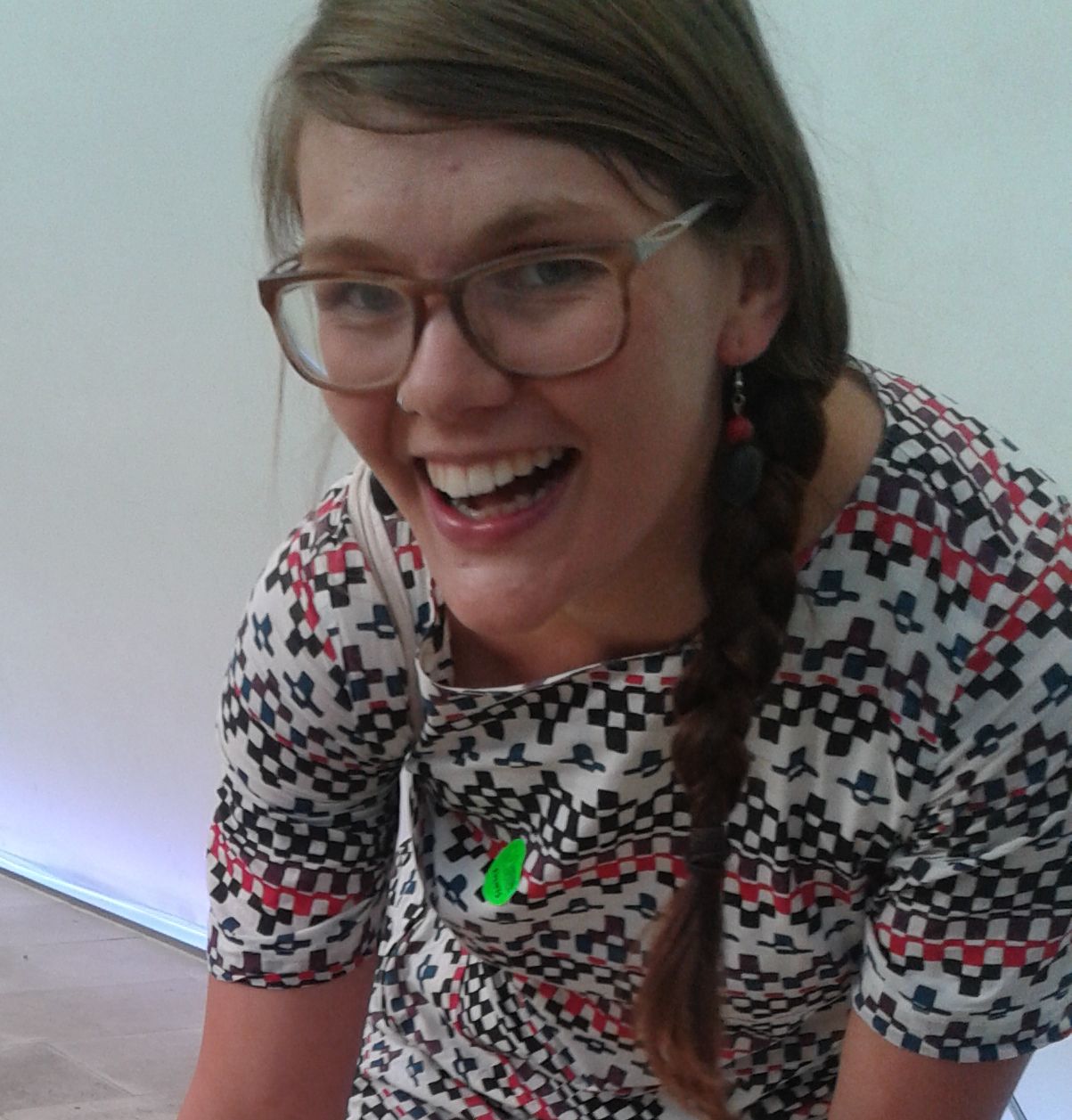Everyone in the LoLo community would like to congratulate Paula Morgenstern on passing her viva with minor corrections in
Paula’s thesis title is ‘Understanding hospital electricity use: an end-use(r) perspective.’ Paula was supervised by Paul Ruyssevelt (Primary) and Rokia Raslan (secondary). Following the viva Paula’s examiners suggested that her work has important implications for energy use in the NHS.
Paula tells us about her work and time with the LoLo CDT:
What was it about?
My thesis looked at the electricity use of hospital buildings, which is substantial due to the intensity of use and the long operating hours of this building type. Budget constraints, increasing energy costs and climate change legislation have hence prompted efforts to reduce the energy consumption of hospitals. But hospitals are complex buildings with unique operating characteristics and energy requirements and it is often unclear to what extent electricity use can be reduced without compromising patient care.
My approach
I used a case study approach, analysing 11 departments of 5 types across 3 NHS hospitals to understand in detail what electricity is used for in each and whether there may be scope for reductions. I employed both technical (measurement of energy use, energy auditing) and social (interviews with clinical staff, document analysis) methods of inquiry to estimate potential energy savings from simple operational changes, while highlighting why or why not they could work in practice.
Main findings
- The study stresses the need to understand differing characteristics of processes and occupation as well as contextual variables in heterogeneous mixed-use buildings in order to develop effective strategies to reduce the end-use of energy, both at the facilities management and the policy level.
- The influence of clinical staff on hospital electricity use was found to vary between departments, but to be overall relatively small. Higher potentials were seen for departments with strict and confined working hours where significant loads, for example lighting or local heating and cooling through split units, were under staff control.
- Clinical activities and processes in hospitals (but also other building types) were sometimes `black-boxed’ and conceptualised as beyond questioning in attempts to reduce building energy use. Such approaches overlook the connections between function and form of a building as well as between different energy services, most prominently the influence of electrical loads on cooling demands.
- Currently available energy targets, especially for electricity, are believed to be of limited use to many hospitals due to out-dated benchmarks and a large heterogeneity of building configurations and service provision. If statistical rather than simulated standards are to be used, composite energy benchmarks taking into account differing energy intensities at a departmental level may be beneficial in hospitals.
What were the highlights of LoLo?
My PhD let me get to know hospitals, an environment quite alien and somehow scary to many of us, from a very different perspective. Speaking to NHS professionals, both technical and clinical, and seeing how all of them really care for their profession and their patients has given me much confidence in the NHS, despite the various financial and political pressures on it. My fieldwork was really exciting throughout, I even got to go into some operating theatres while patients were undergoing surgery – something I never thought I would experience but on TV!
I also hugely enjoyed being part of LoLo. Having an insight into the ways and workings of both UCL and Loughborough University has provided me with a richer view on the academic world, as well as with new friends and many enjoyable moments. Being part of a cohort has generally made the PhD journey a lot easier at times when it seemed rather confusing, frustrating or impossible.
What are you doing now?
I completed my PhD in summer 2016 and am now working as Building Performance Manager at BAM Construct UK. We are a company handling all aspects of the building lifecycle, i.e design, construction, FM and property development. My role involves implementing a process for post occupancy evaluation within all our projects, so that experiences from past projects can be used to improve the performance of future buildings – for the occupants, the client and the environment.

